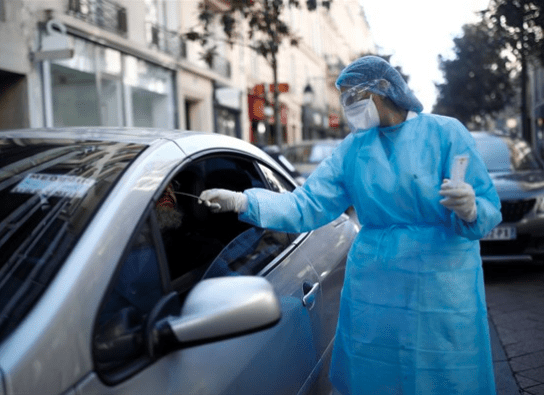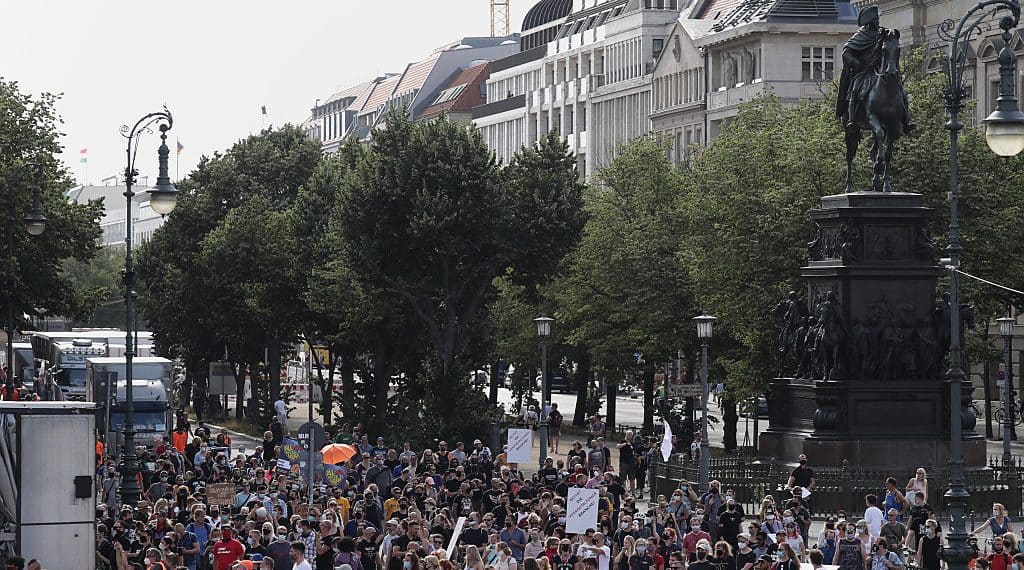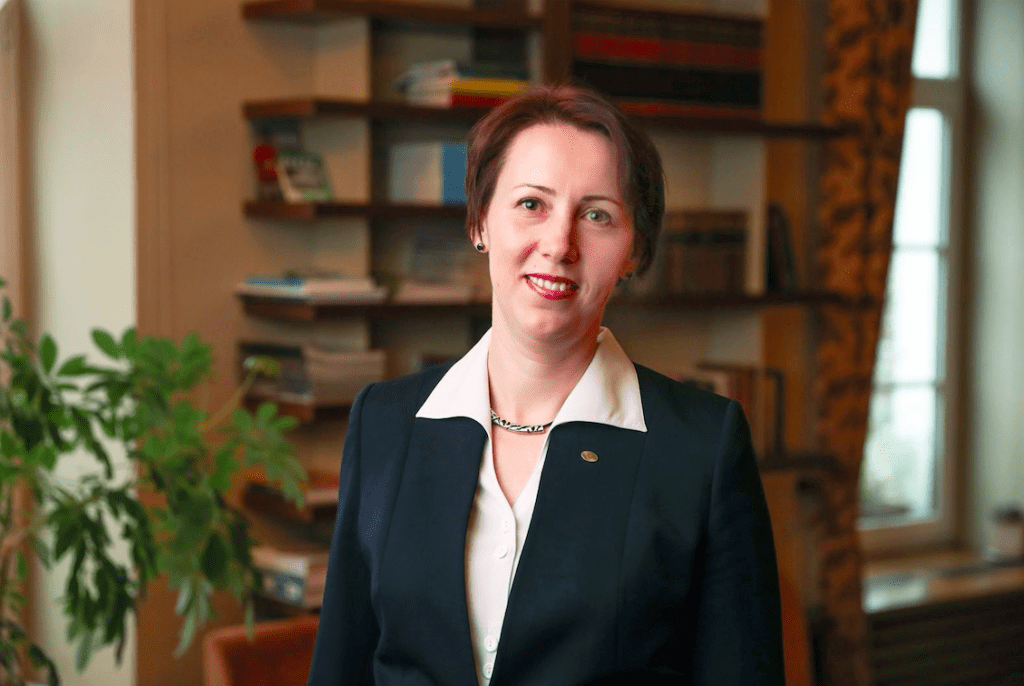Alongside logistical challenges European Jews face anti-Semitic propaganda that attributes the Corona epidemic to a “Jewish conspiracy.”
In the shadow of the Corona crisis, and much like most of the free world, European Jews have also been in quarantine for a number of weeks and have been trying to preserve a Jewish lifestyle as much as possible as well as prepare themselves for Passover with a growing shortage of kosher products. But alongside the logistical challenges and the impact on the daily life by the required isolation practices, European Jews are also facing anti-Semitic propaganda that attributes the Corona epidemic to a “Jewish conspiracy”.
In France, posts on social networks with anti-Semitic cartoons portraying the Jewish former French health minister, Agnès Buzyn, as responsible for the Corona epidemic have gone viral among far-right groups in the country. The Jewish community in Belgium is also reporting an increase in anti-Semitic discourse on the social networks.
Rabbi Menachem Margolin, Chairman of the European Jewish Association (EJA): “Unfortunately, the usage of international crisis to promote anti-Semitic agendas is nothing new. The EJA Virtual situation room, which we established at the beginning of the epidemic, receives daily reports of logistical difficulties from Jewish organizations and community leaders, but unfortunately also anti-Semitic voices that attributing the virus to a Zionist-Jewish conspiracy.”
Rabbi Margolin also mentions that despite the difficulties and the closure of much of the borders, the EJA managed to send over 100,000 kits of matzah and kosher groceries for Passover to hundreds of Jewish communities across the continent: “Despite the severe crisis, Jews are responsible for one another and practice “arvut hadadit”. There are hundreds of students and volunteers – members of Jewish communities from all over Europe who are purchasing food and medicines for those in need and distributing it in their communities.
Naturally, the Jewish community in Italy has experienced the greatest difficulties so far. David Liscia, The President of the Jewish Community of Florence and Simone Santoro, member of the Jewish Community of Turin, Italy, point out that: “Due to the precarious and difficult situation in Italy, each of us, from the Jewish communities stays at home. With that, we make efforts to ensure that Jewish life is continued in the best possible way. In the morning kindergarten teachers gives live lessons to the children, while in the afternoon there are Talmud, and Torah lessons as well as Passover lessons in order to be able to maintain a proper Seder in isolation. Some of the smaller Jewish communities do not have a kosher supermarket or special stores for Passover. We usually buy all the commodities in bulk and sell them to community members. This year of course it was not possible – so we try to arrange groceries for everyone, which is not easy. We also deal with the problematic economic situation like the rest of the country.”
In Spain, which stands next to Italy as the country most severely affected by the Corona virus so far in Europe, the Jewish community, which has been quarantined for three weeks, works hard to preserve Jewish life. The President of the Jewish Community in Madrid, Leon Benelbas says: “The Jewish community in Spain is working to strengthen community solidarity. The Jewish School in Madrid continues to work through digital platforms that allow students to continue studying history, Judaism, and Hebrew. We also use the ZOOM platform for collective prayers and rabbinic classes, at least twice a day. At the same time, the “EZRA” organization organizes grocery deliveries to all the Jewish families who are in need, and it is important to note that the “Kadisha company” continues to perform burial ceremonies according to Halacha requirements, and so far we are taking all precautions according to the administration’s instructions.
The Jewish community in the Netherlands is also facing difficulties as a result of the quarantine. Anne Ornstein, member of the Amsterdam Jewish community: “Older people can no longer receive visits in order to prevent infection – a directive that profoundly affects those people in the Jewish community and we are organizing groups of young members from our community to help the elderly by volunteering. Like every other city in Europe, the synagogues are closed, and someone told me that this is the first time since World War II that this is happening. We are also preparing ourselves for Passover with the “Make Seder yourself” initiative of Chabad and other Jewish communities in the Netherlands to make sure that people who lives alone or families in need will everything they need for Passover Seder. ”
Oliver Bradley, an activist in the Jewish community in Berlin: “The Jewish community in Berlin is not suffering like all other Jewish communities in Europe because there is still no full closure and no long queues at the supermarket. The Jewish supermarket in Berlin has been full of kosher products for Passover two weeks ago, and many Jews have already stocked up with supplies for the holiday season. You can’t tell what will happen in the future. Of course, schools are closed, most kindergartens are closed (open only to children whose parents work in necessary jobs), but as mentioned, that can change at any moment. ”
The article was published on Arutz 7




















